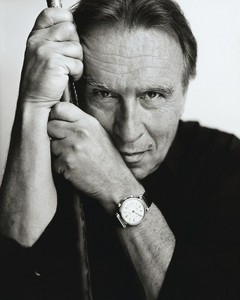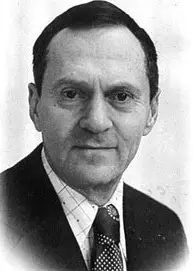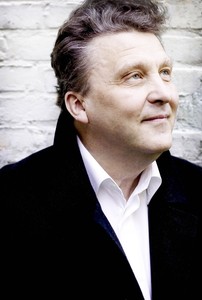
Heinz Bongartz (Heinz Bongartz) |
Heinz Bongartz

At the beginning of the XNUMXth century, the German performing arts produced a whole galaxy of remarkable conductors. Heinz Bongarz, one of the greatest conductors of the German Democratic Republic, also belongs to this “generation of talents”. Like other great masters, he became the herald of the basic principles of the German conducting school, on the banner of which the demand for high artistic truth, expressiveness and perfect craftsmanship was inscribed.
These principles were mastered by Bongarz during his studies at the Krefeld Conservatory under the guidance of Z. Ney, O. Neitzel, F. Steinbach (1908-1914). Soon after the First World War, his active concert activity began – first as a choirmaster, then as an opera conductor in Mönchengladbach (1923) and as a conductor of the Berlin Symphony Orchestra (1924-1926). After that, Bongarz worked with large orchestras in Meiningen, Darmstadt, Gotha, Kassel, Saarbrücken and other cultural centers of Germany, and toured abroad. During this period, the formation of the individuality of Bongarts is completed, his repertoire is expanding.
The flourishing of the conductor’s talent as a performer came in the post-war years, when he led the Dresden Philharmonic Orchestra for sixteen years (1947-1963). Under the leadership of a venerable musician, one of the oldest bands in the country has reached an exceptionally high artistic level. One of the authoritative critics states that “the Dresden Orchestra owes all its achievements to its leader.” Together with the Dresden Orchestra, as well as on his own, he made successful tours of France, Romania, Italy, Poland and other countries, and repeatedly performed in the USSR. “Bongarts’ merit is in the precise, strict and at the same time emotionally truthful disclosure of the composer’s intention,” wrote the Soviet Music magazine. “The main thing for him is not the brightness of the details, but the consistent development of the idea and the overall logic of the composition.”
The highest achievements of the conductor are associated with the performance of monumental works of German classics – the symphonies of Beethoven, Schubert, Schumann, Brahms, Bruckner. His interpretation of Beethoven’s Fifth Symphony, Brahms’s Second, Schubert’s “Unfinished” will be remembered by our listeners for a long time for its classical harmony and nobility.
What has been said does not mean, of course, that Bongarts is one-sided in his creative sympathies. The conductor is also known as an active and tireless promoter of the work of contemporary authors, German and foreign. A few years ago, in the GDR, he held an interesting cycle of concerts “Music of the 1953th Century”, and more recently, a cycle “Russian and Soviet Music”. Having left his post in Dresden in XNUMX, the conductor continues to frequently perform in concerts and tour. The authority of the musician is reinforced by the fact that he himself is an interesting and original composer. Among his compositions are several orchestral suites, the vocal cycle “Japanese Spring” for voice and orchestra, and a string quartet. His brilliant “Variations and Fugue on a Theme of Mozart” were successfully performed in the Soviet Union.
L. Grigoriev, J. Platek, 1969





